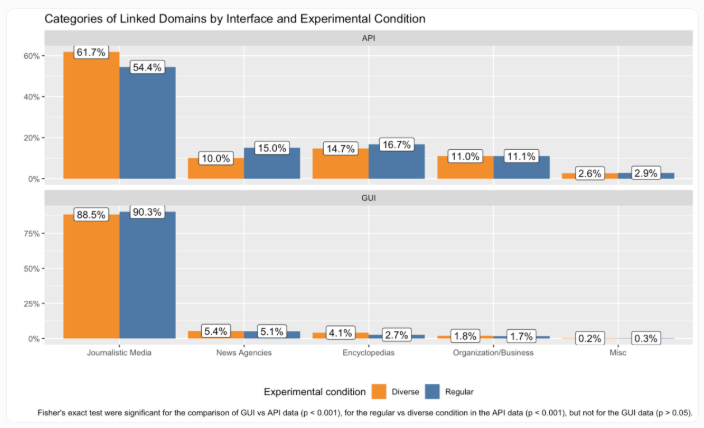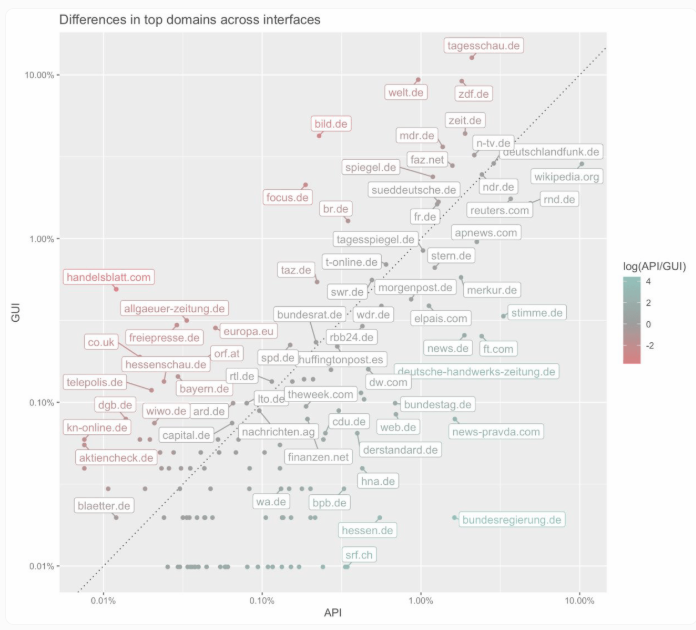According to a new study by the University of Hamburg and the Leibniz Institute for Media Research, ChatGPT's news recommendations vary significantly when using different interfaces. In a five-week study, researchers analyzed over 24,000 AI responses to questions related to news, focusing on user experiences in Germany.
The study found that when users asked questions through ChatGPT's API, the answers often cited more non-news sources, such as Wikipedia and some niche websites. However, when using the web interface, ChatGPT tended to reference traditional news media. For example, conservative German newspapers like welt.de and bild.de were cited at a rate of 13% in the web interface, but only 2% in the API. This difference highlights the distinct approaches to information sources between the two interfaces.

Additionally, the API referenced more niche and technology-focused websites, while the web interface primarily relied on mainstream media such as tagesschau.de. According to the study, the overlap rate between the web interface and the media sources in the Reuters Digital News Report 2025 was 45.5%, whereas it was only 27.3% for the API. Public broadcasting had a higher exposure rate in the web interface compared to the API, reflecting different preferences in news recommendations between the two.
When users requested a broader range of sources, the ChatGPT system increased the number of references, but diversity does not always mean improved information quality. Some requests even led to citations of politically biased or propaganda-oriented websites. The study pointed out that sometimes the system linked to fake or non-existent domains. Overall, although the political leanings of the media cited by ChatGPT are similar to the national average, its understanding of "diversity" is not always consistent with actual information diversity.

The study also highlighted the opacity of ChatGPT's internal mechanisms, as OpenAI has not explained the reasons for the differences between the interface and the API. Users must judge these results themselves, as OpenAI regularly updates the system without notice. This phenomenon also reflects the differences between generative AI search tools and traditional search engines in terms of information









